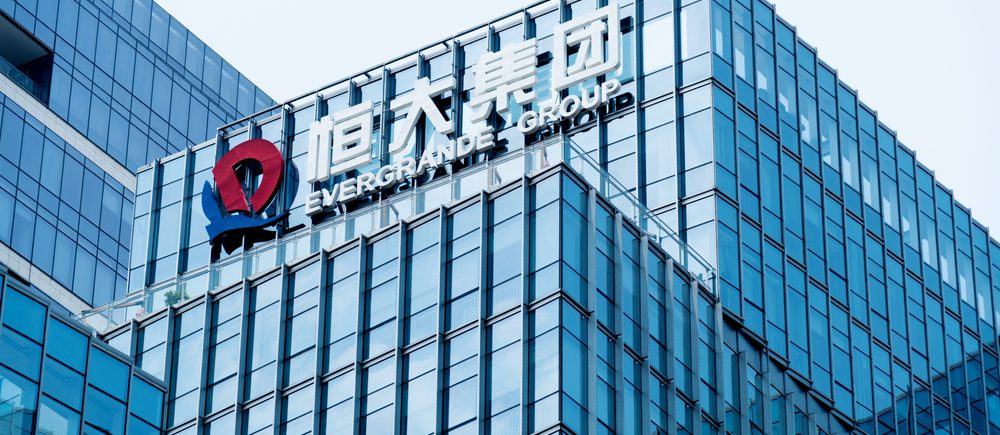Chinese creditors have sued Evergrande for more than USD 13 billion in overdue payments, as domestic companies owed money by the embattled property developer race against offshore bondholders to secure repayment.
A Chinese court assigned to handle civil lawsuits against Evergrande has accepted 367 cases with claims amounting to USD 13.2 billion, according to official records reviewed by the Financial Times. The claims were submitted between August 24 and December 9, when the group was declared to be in restricted default.
Some money managers purchased bonds of China’s giant Evergrande Group in recent weeks as the property developer slid into default of debt payments and prices hit record lows.
Fund managers are betting creditors will recover far more than the debt’s current prices suggest, despite the likelihood of a complex restructuring.
The real estate company has USD 20 billion of international bonds outstanding, making it one of the world’s largest distressed-debt investments at the same time low interest rates have investors looking for ways to boost returns.
Buyers range from traditional asset managers such as Vontobel Asset Management in Zurich to distressed-investing specialists such as SC Lowy in Hong Kong and New York-based Apollo Global Management Inc., according to people familiar with the investments.
Property developer China Evergrande, which fell into default last week, has embarked on a social-media campaign to show that construction has resumed and says it is doing whatever it takes to deliver homes. WSJ compares these posts with ones from upset buyers.
There is so much bad news in the price currently, though there exists an opportunity. The firm also bought debt of other Chinese property developers to increase diversification and reduce risk.
One of Evergrande’s EGRNF 2.63% most frequently traded bonds hit a low of 18.50 cents on the dollar last week before rebounding to about 20. The bond had traded around 30 in September and about 70 in mid-June.
Investors said they bought bonds because they believed that prices had fallen far below what creditors would ultimately recover, or that market sentiment would turn after prices hit recent lows.
Bargain hunters are wagering that Evergrande’s restructuring will follow market norms and that the Chinese government will not push foreign-bondholder claims behind those of domestic entities and investors.
A restructuring could still take more than a year, given Evergrande’s complex balance sheet and its outsize political and economic significance, fund managers said.

 Noor Trends News, Technical Analysis, Educational Tools and Recommendations
Noor Trends News, Technical Analysis, Educational Tools and Recommendations




